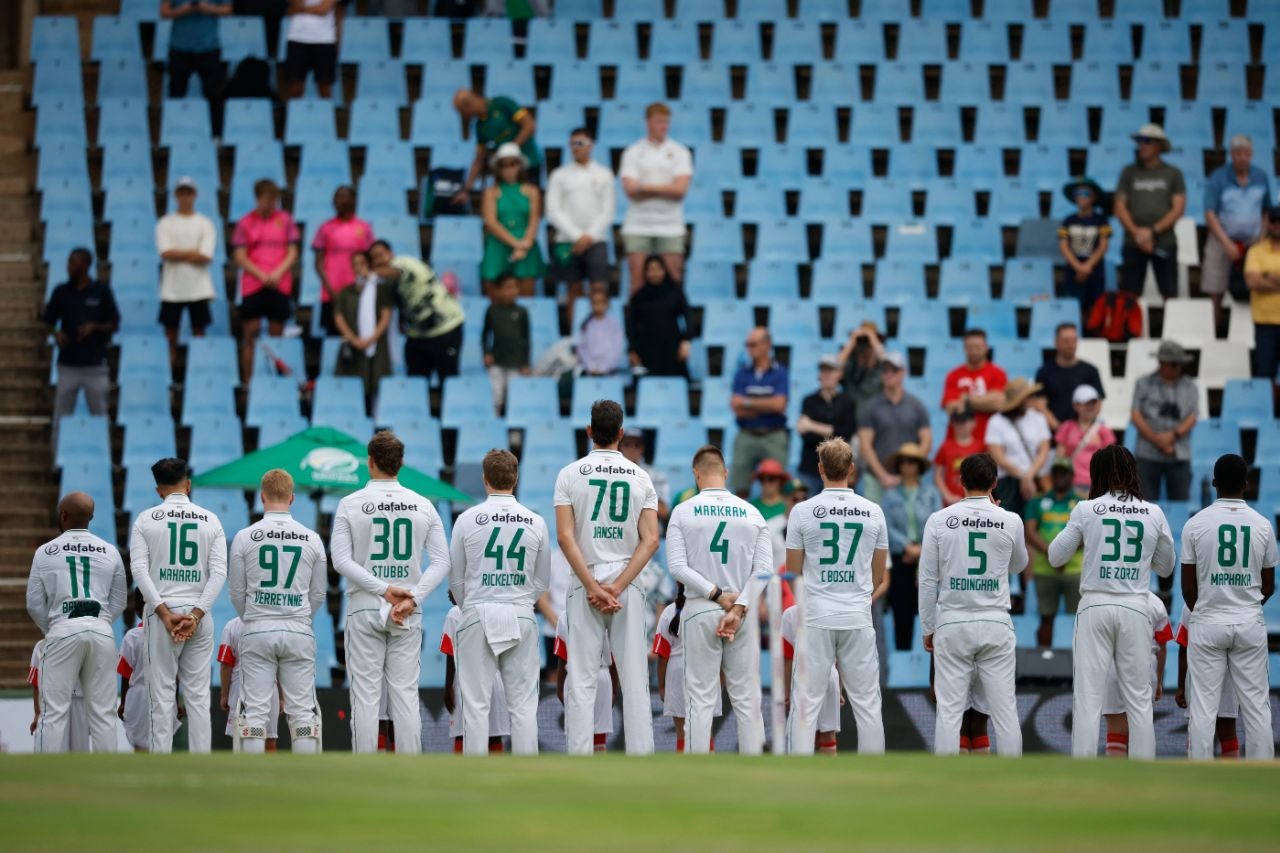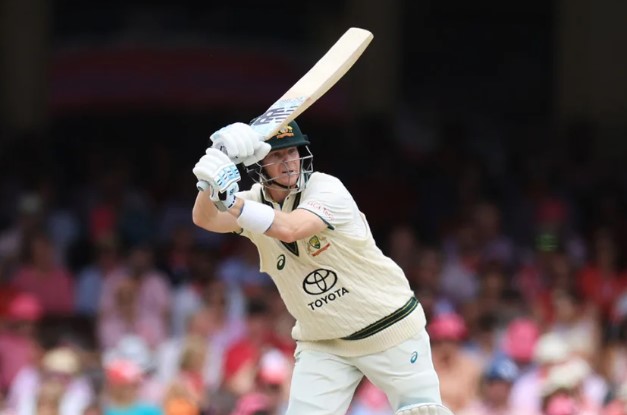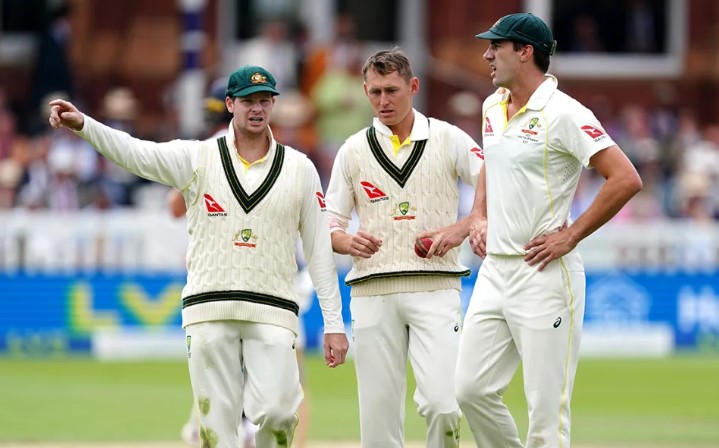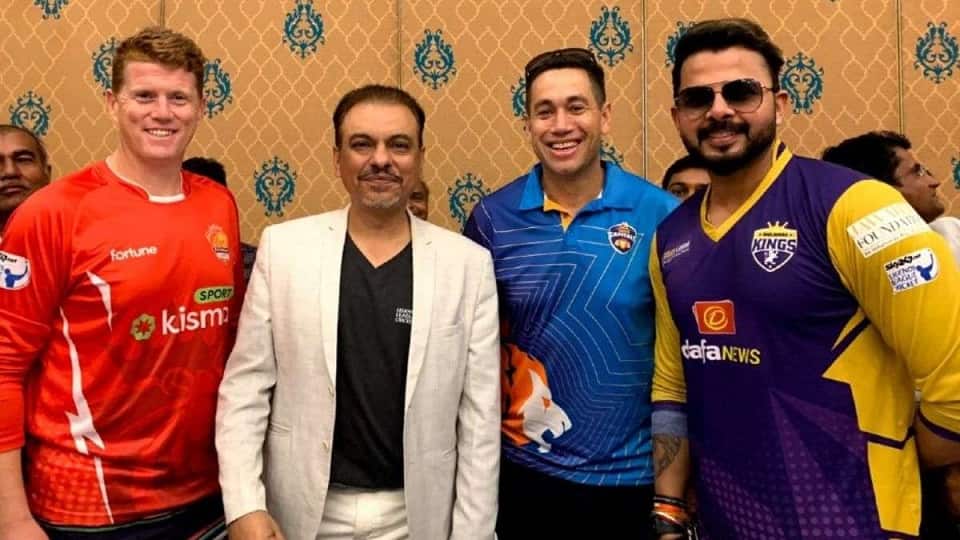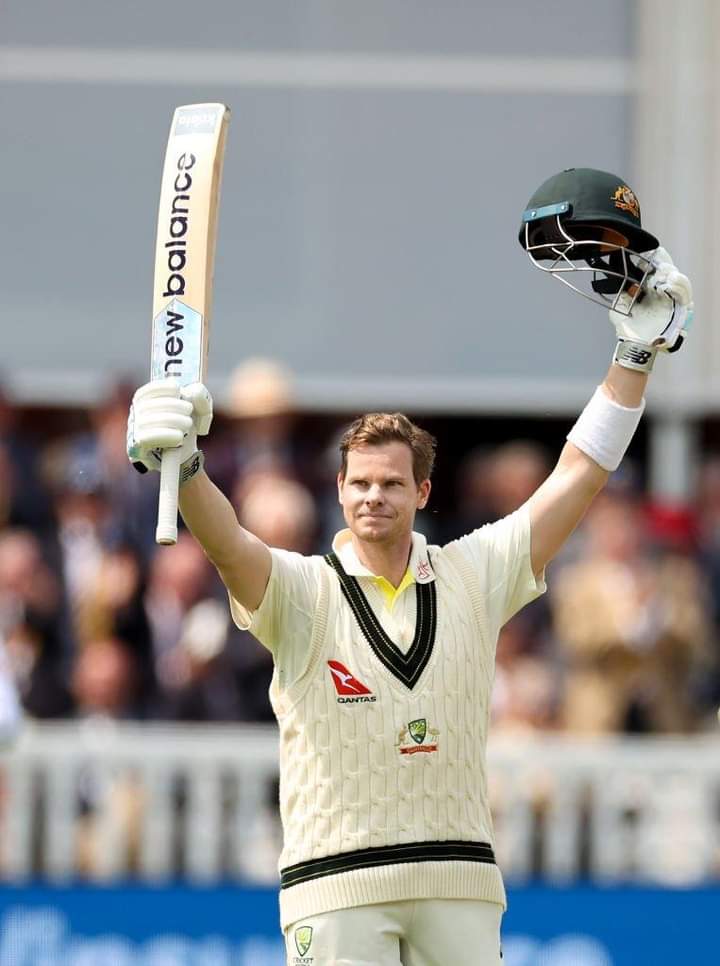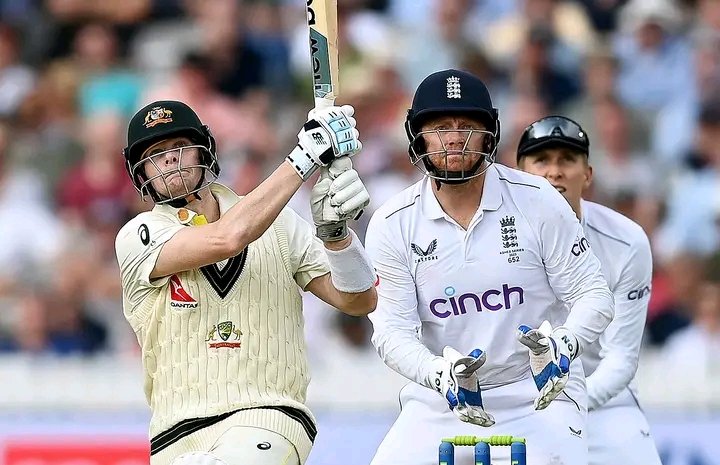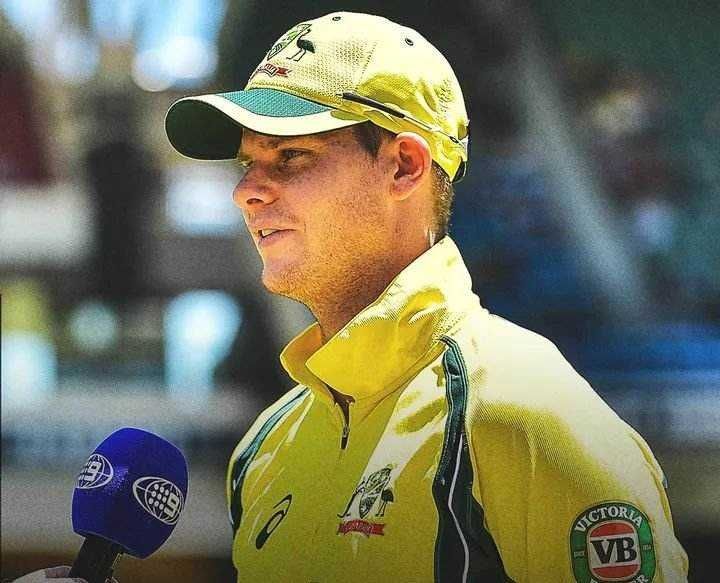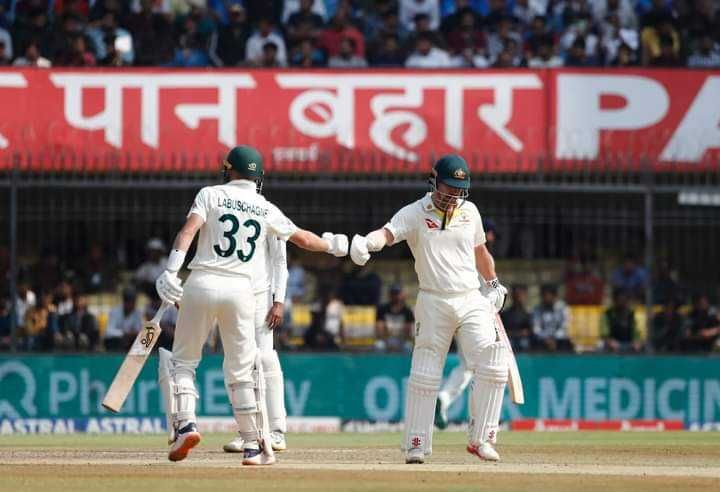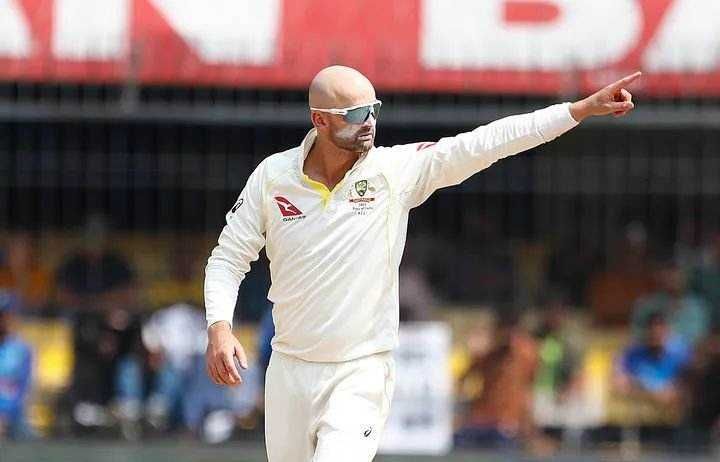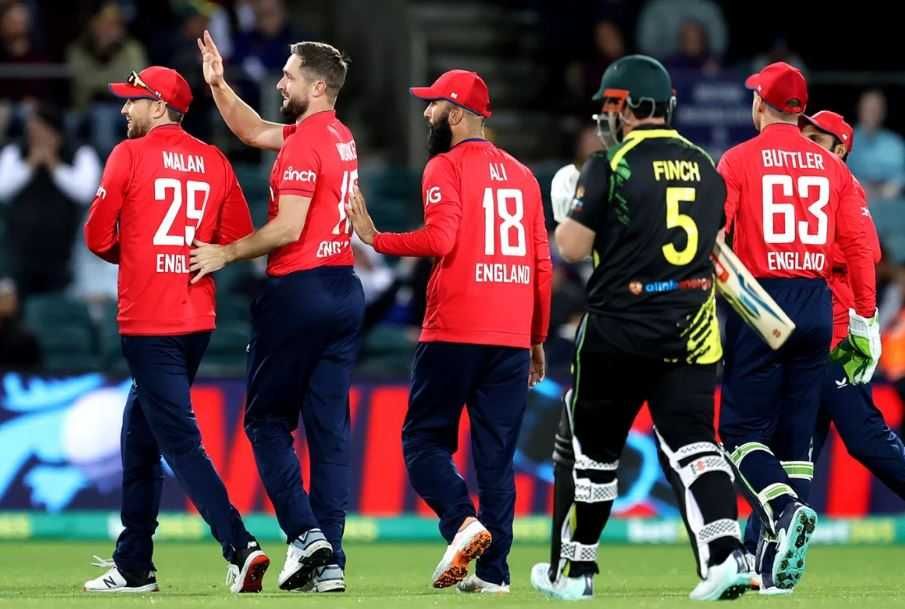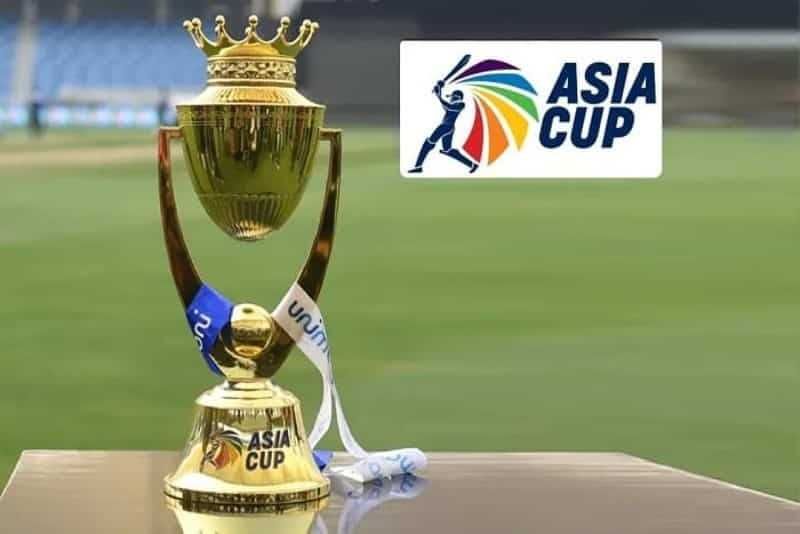██████╗ ██████╗ ██████╗ ███████╗██████╗ ███████╗ ██╗ ██████╗ ██████╗ ███╗ ███╗
██╔════╝██╔═══██╗██╔══██╗██╔════╝██╔══██╗╚════██║███║ ██╔════╝██╔═══██╗████╗ ████║
██║ ██║ ██║██║ ██║█████╗ ██████╔╝ ██╔╝╚██║ ██║ ██║ ██║██╔████╔██║
██║ ██║ ██║██║ ██║██╔══╝ ██╔══██╗ ██╔╝ ██║ ██║ ██║ ██║██║╚██╔╝██║
╚██████╗╚██████╔╝██████╔╝███████╗██║ ██║ ██║ ██║██╗╚██████╗╚██████╔╝██║ ╚═╝ ██║
╚═════╝ ╚═════╝ ╚═════╝ ╚══════╝╚═╝ ╚═╝ ╚═╝ ╚═╝╚═╝ ╚═════╝ ╚═════╝ ╚═╝ ╚═╝
Developed By Coder71 Ltd.
More
██████╗ ██████╗ ██████╗ ███████╗██████╗ ███████╗ ██╗ ██████╗ ██████╗ ███╗ ███╗
██╔════╝██╔═══██╗██╔══██╗██╔════╝██╔══██╗╚════██║███║ ██╔════╝██╔═══██╗████╗ ████║
██║ ██║ ██║██║ ██║█████╗ ██████╔╝ ██╔╝╚██║ ██║ ██║ ██║██╔████╔██║
██║ ██║ ██║██║ ██║██╔══╝ ██╔══██╗ ██╔╝ ██║ ██║ ██║ ██║██║╚██╔╝██║
╚██████╗╚██████╔╝██████╔╝███████╗██║ ██║ ██║ ██║██╗╚██████╗╚██████╔╝██║ ╚═╝ ██║
╚═════╝ ╚═════╝ ╚═════╝ ╚══════╝╚═╝ ╚═╝ ╚═╝ ╚═╝╚═╝ ╚═════╝ ╚═════╝ ╚═╝ ╚═╝
Developed By Coder71 Ltd.


